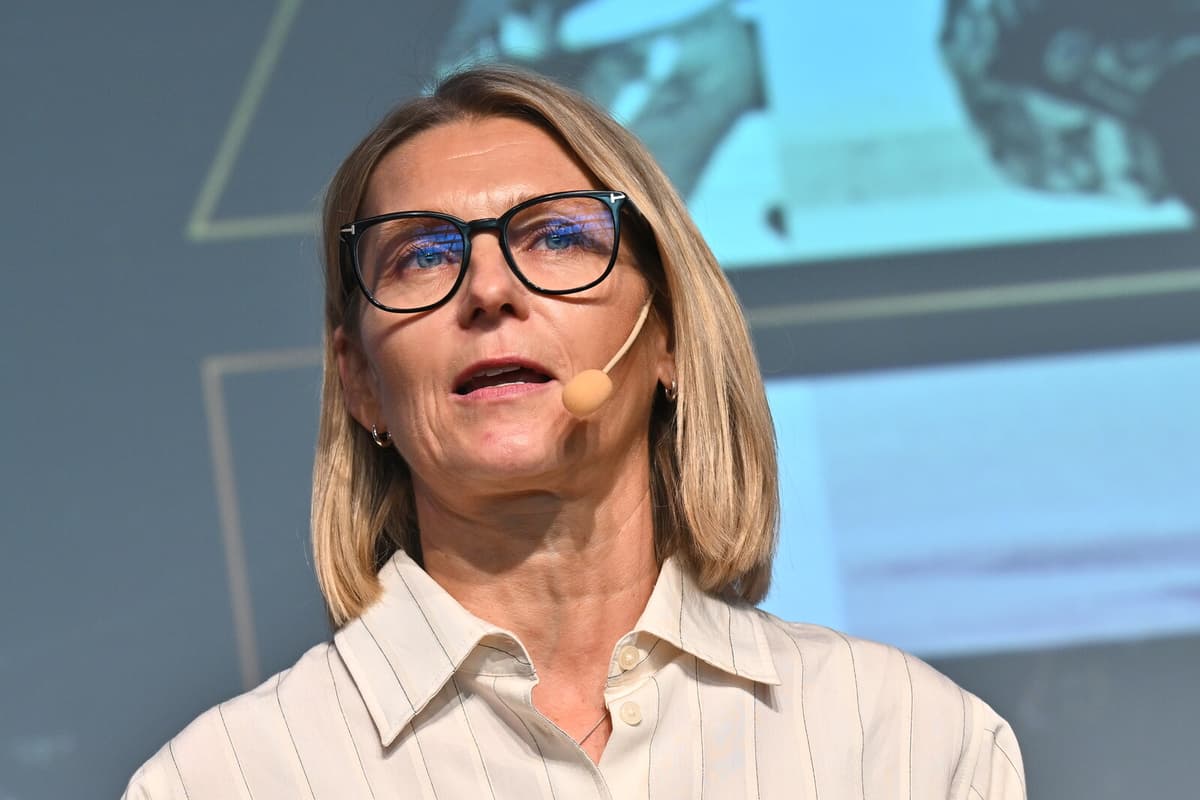In the week, SHL and SDHL presented the new cooperation with Red Bull, which is the leagues' new official energy drink partner.
"The cooperation enables a range of different communication efforts, activations in arenas and dissemination through the three parties' strong brands.", writes the men's league SHL on its website.
We want to create an interest in ice hockey and there we are convinced that they are a strong part, says SHL's CEO Jenny Silfverstrand.
The reactions to the cooperation have not been long in coming.
Criticism of Red Bull's history
Djurgården's supporter association believes that the agreement should be terminated.
"In sports, it is a company that should be opposed regardless of sport and country. In Swedish sports, bulls do not fly. Tear up the agreement with Red Bull!", writes Järnkaminerna in a statement.
Also, the Swedish Hockey Supporter Union (HSU) has criticized the cooperation and called it unethical.
We want to protect the Swedish model and then we do not think that Red Bull is on that half of the plan considering what they have done in other countries, says HSU's chairman Axel Pettersson.
He refers to Red Bull's history of club ownership. In 2000, the company took over the Austrian ice hockey club EC Salzburg, which became EC Red Bull Salzburg. The football club SV Austria Salzburg underwent the same journey and was renamed Red Bull Salzburg with new colors and a new club emblem. Today, the company is the majority owner of five football clubs and two ice hockey teams.
Pettersson says that he does not fear the same development in Sweden but points to the symbolic value.
There are others you can cooperate with and I think it's stupid to go this way, he says.
The answer: There are no risks
Jenny Silfverstrand says that she did not expect so much criticism of the cooperation, but notes that there are also positive voices.
We have got people who think it's a fun brand and who see what they do for other activities, she says.
Silfverstrand means that the cooperation is risk-free.
In the agreement we have with Red Bull, there is nothing unethical and no risks at all.
She emphasizes that Red Bull's commitment in Sweden differs from club ownership in Europe. With the 51 percent rule - which means that members must own a majority of the votes in a sports stock company - there is no discussion about influence.
Another part of the criticism concerns that the company sells energy drinks.
We must have respect for the fact that it becomes that type of discussion. But we have regulations and they also have regulations around how they may appear, what they may do and who they may target, says Silfverstrand.
The agreement between SHL/SDHL and Red Bull is two-year.






